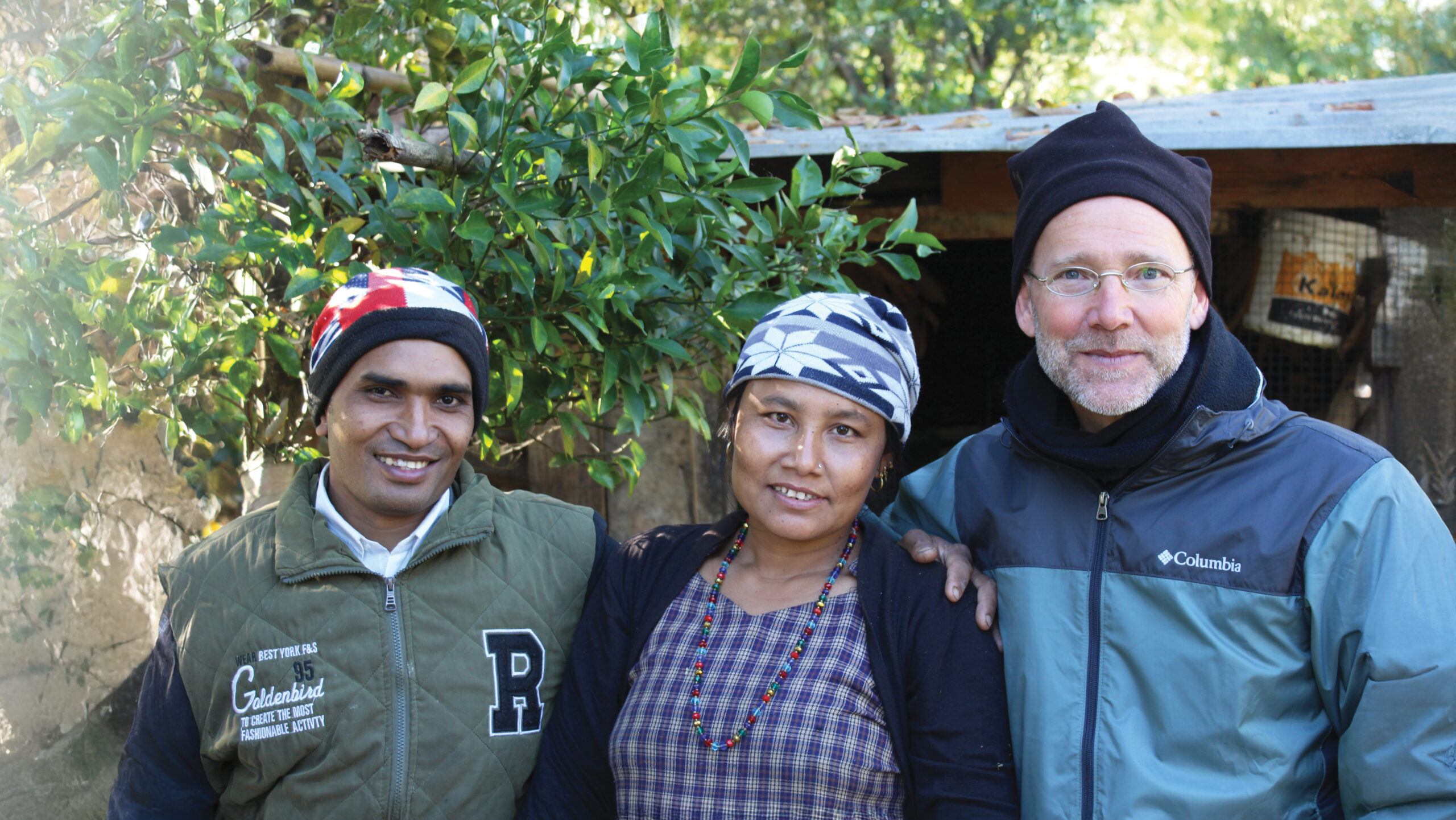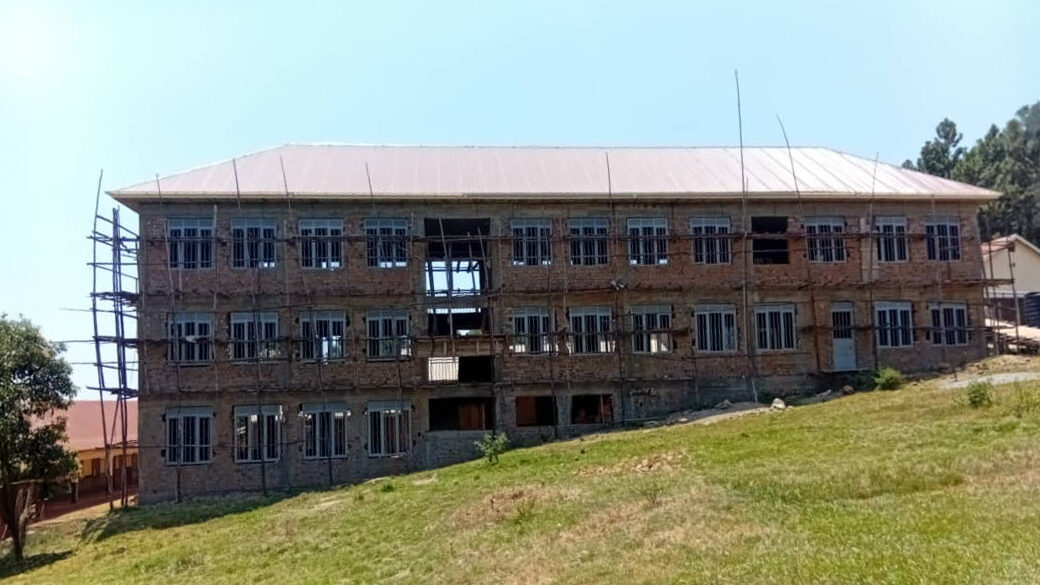March 22nd, 2024
World Water Day: What are we doing?
Matthew 25: For I was hungry and you gave me something to eat, I was thirsty and you gave me something to drink
Water covers more than 70% of our planet’s surface, but 2 billion – a quarter of the world’s population – live without safely managed drinking water in 2024.
Radio interview: #WorldWaterDay2024
Today is World Water Day and the Christian organisation TWR (Trans World Radio) spoke to our Head of Communications, David Giles, to hear more about our water projects and its lasting impact to the wider community.
Click the link on the image below to hear more from International Needs UK:
Did you know?
- 3.6 billion do not have access to safely managed sanitation.
- Around half the world’s population experiences severe water scarcity for at least part of the year.
- It’s a political issue too – 60% of the world’s freshwater flows cross international boundaries, but only 23 countries have formal agreements in place to manage this.

A child getting clean water for his household in Uganda
#WorldWaterDay 2024 is themed ‘Leveraging Water for Peace’
One of International Needs’ five major themes is Water and Sanitation. We work in communities around the world where water is scarce, and clean water is scarcer. We know of families who travel more than 2 miles to collect clean water every morning – and it’s usually the girl of the household who is responsible for collecting it, in large jerry cans. This puts her at risk, and often has a knock-on effect on her schooling.
A location where we are making a difference is Nochikulam, northern Sri Lanka. It’s a village of around 172 inhabitants. It’s an arid zone, with unreliable rainfall.
The civil war that ended in 2009 resulted in Tamils being resettled, many on marginal land with inadequate water supply. When International Needs started to work with this community, there were two dug wells – one in poor repair, the other inoperable. We have now worked with the community to rehabilitate what was already there and provided additional, new wells with associated tank and purification system. IN also puts in place a community education programme, to ensure that everyone understand the importance of using clean containers and utensils with the new water supply.

New wells in Sri Lanka
As well as clean drinking water, the newly-available supply has opened up the possibility of improved agriculture. Since last summer, 36 families have been provided with a supply of peanuts, which when cultivated yield a harvest of about 10 times that sown.
It’s helped people like Gnanamanogaran, a 40-something father of two. He was injured during the war, and still has limited mobility. Despite this, he has been able to harvest 450kg of peanuts, sufficient to settle long-standing debts, provide education for his daughters and buy new clothes for his family. He’s also been able to diversify his agricultural small holding into growing bananas.

(Above) Gnanapragasam
It’s helped Gnanapragasam, who cultivates 2 acres of land but has seen large fluctuations in success and failure of crops. From the sale of his peanuts, he’s been able to move away from spot-hire daily wage jobs and focus full time on his farm.

This is Sugeetharan: he is another beneficiary from the village in Sri Lanka
The investment has helped the wider community too. Young people represented on the Water committee spent time with International Needs coordinator, and expressed that sports were important to young people. With agreement, they banded together and used some of the profits to buy a volleyball net. Young people now use this facility daily, and brings out some of the older community members to cheer them on. And now there’s a healthy sporting activity to engage in, there’s been a marked reduction in substance abuse amongst young people – ‘we are active and hanging out together until 8-9pm, and now that we play volleyball there isn’t any time for drinking! We are all tired out and have a great time!’


